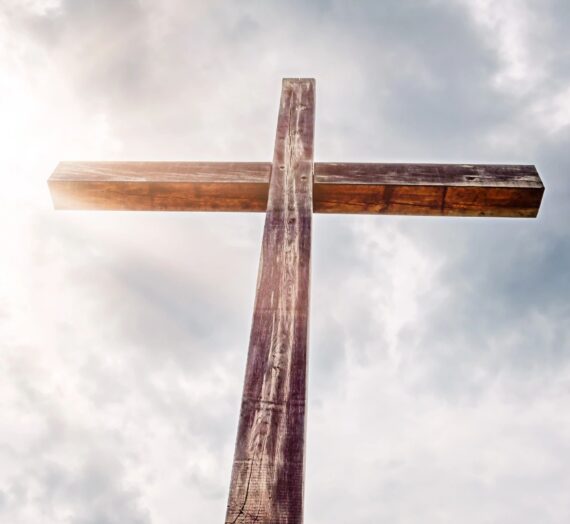Motherhood is quickly approaching me in a few short weeks. In the last long eight months, I’ve scoured articles, read books, asked trusted friends and family questions, and made observations of mamas doing their own thing. I’m constantly gleaning. As I step into a new role of parent, I sense my mindset and perspective shift. On things I’ve never thought about, I am slowly forming opinions and theories that will be soon be tested once baby girl is here—and then these theories will probably be reformed and retested again and again. One of the richness of this time is the opportunity to read the Bible with a new set of lenses, that of parent. The connection between discipleship and parenthood is strong, and I think both can inform and shape the other, especially when we consider discipleship in the context of generations.
One of my new favorite stories can be found in Mark 10; parents are bringing their littles to Jesus, so that Jesus might bless them. That parental desire of Jesus’ blessing is very real to me. If given a chance, would any of us pass up Jesus cuddling our babies?! Jesus’ disciples, however, are a bit annoyed by the kiddos and scold the parents for “bothering” Jesus. This is surprising because God, from the beginning, has been God of the generations.
From passages in the Old Testament that instruct Israel to teach God’s commandments to children and to teach them the why behind the Passover (Deuteronomy 6 and Exodus 12) to songs that declare children will praise God and the future generations will know the works of God (Psalms 78 and 145), clearly Jewish culture values the generations. There is power in sharing our stories, our struggles, our successes, our witness to the love and goodness of God with the ones that come behind us, and what is discipleship if not doing just that? The 12 may have forgotten this along the way, but Jesus never forgets about the generations. He ends up rebuking his disciples and blesses the children anyway.
Jesus isn’t just for us. Salvation isn’t just for us. Freedom isn’t just for us. Healing isn’t just for us. If it was, our Gospel would be significantly depleted and lacking power. If Jesus is just for us, it isn’t the Gospel anymore, and it isn’t Good News. We can’t just be disciples.
We need to make disciples who will also make disciples.
When we respond to the Great Commission in Matthew 28 to make disciples, we need to have a vision that goes beyond us, and even a vision that goes beyond the person we disciple. Let’s also pray for the people our disciplee will disciple. When we have coffee or invite our disciplee into our home, let’s keep in mind that we’re also training them to do the same thing for someone else. When we buy them lunch, and they protest, we can remind them that they can pass it on by buying lunch for the one they disciple.
Currently, I’m discipling a few young women who volunteer in children’s and youth ministry. My prayers for them have shifted because while I disciple them, they may very well be discipling baby girl’s future pastors, teachers, and leaders. In a most tangible way, it’s not just about me or the disciplee anymore. It’s more beautiful than that. It’s about the ever-expanding Kingdom; it’s loving and being faithful to the people behind us; it’s positioning and uplifting people to go farther, run faster, succeed greater than us for the salvation of the generations and, ultimately, for God’s glory.
Movement Step: As you are discipling, begin to think beyond the person you are discipling. Who might she disciple? Consider how to not only disciple but disciple a person who also makes disciples. This can happen slowly over time as you share your vision of discipleship with your disciplee and help her navigate finding someone to disciple.



